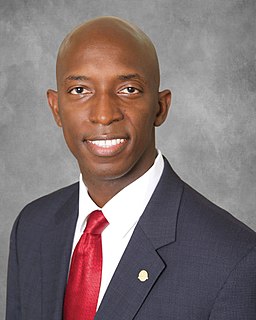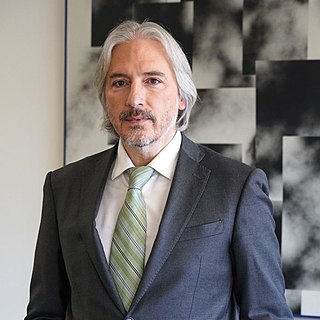A Quote by Michelle Alexander
The education justice movement and the prison justice movement have been operating separately in many places as though they're in silos. But the reality is we're not going to provide meaningful education opportunities to poor kids, kids of color, until and unless we recognize that we're wasting trillions of dollars on a failed criminal justice system.
Related Quotes
The first thing we should be concerned about the BLM movement should be the issues that the Black Lives Matter movement is bringing forward. There's no fundamental platform being brought by activists in Oakland, Baltimore, or New Jersey. The main issues that you see, the commonality between activists all around the country, are trying to deal with the challenges in the criminal justice system, something that is very much central to my work. So my hope is that people stay focused on the urgency to create justice here at home.
I want you to understand that racial justice is not about justice for those who are black or brown; racial justice is about American justice. Justice for LGBT Americans is not about gay and lesbian justice; it's about American justice. Equality for women isn't about women; it's about United States equality. You cannot enjoy justice anywhere in this country until we make sure there is justice everywhere in this country.
We're foolish if we think we're going to end mass incarceration unless we are willing to deal with the reality that huge percentages of poor people are going to remain jobless, locked out of the mainstream economy, unless and until they have a quality education that prepares them well for the new economy. There has got to be much more collaboration between the two movements and a greater appreciation for the work of the advocates in each community. It's got to be a movement that's about education, not incarceration - about jobs, not jails.
A large portion of American citizens, especially people of color, have lost confidence in our criminal justice system. Many have called for appointing special prosecutors when a police officer kills or injures a civilian. If you were elected president, would you publicly support special prosecutors in these cases and what is one other thing you would do to fix our broken justice system?



































